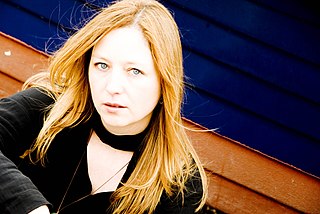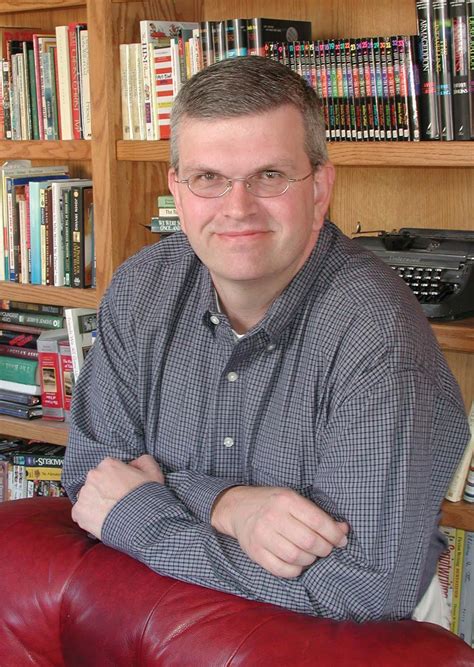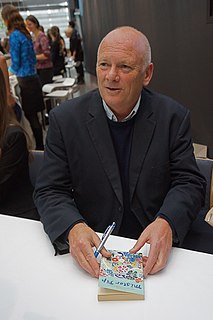A Quote by Ezra Pound
No man understands a deep book until he has seen and lived at least part of its contents.
Related Quotes
There is no part of the administration of government that requires extensive information and a thorough knowledge of the principles of political economy, so much as the business of taxation. The man who understands those principles best will be least likely to resort to oppressive expedients, or sacrifice any particular class of citizens to the procurement of revenue. It might be demonstrated that the most productive system of finance will always be the least burdensome.
The man who is anybody and who does anything is surely going to be criticized, vilified, and misunderstood. This is a part of the penalty for greatness, and every great man understands it; and understands, too, that it is no proof of greatness. The final proof of greatness lies in being able to endure contumely without resentment.






































